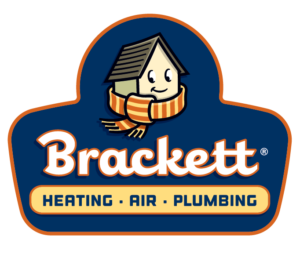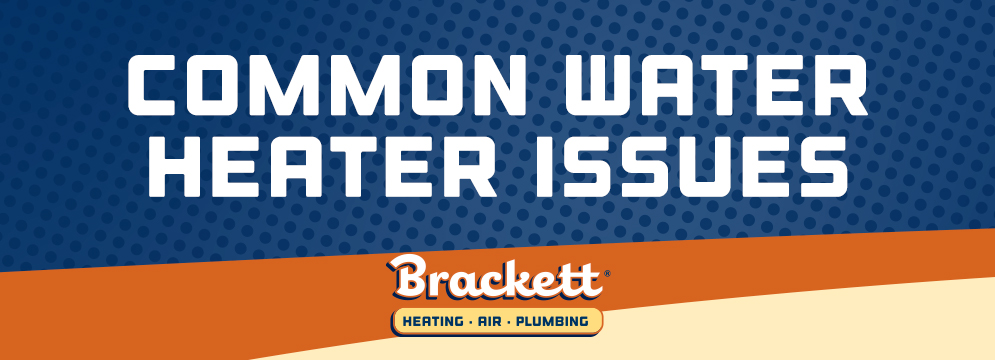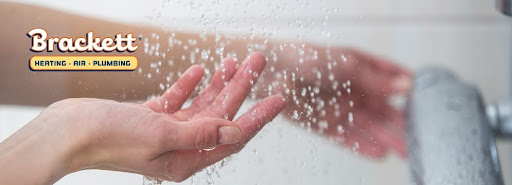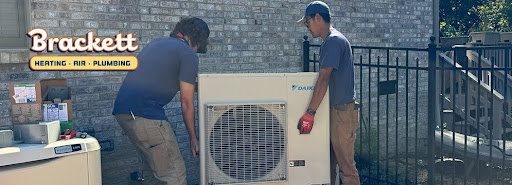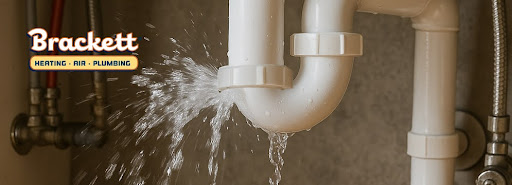3 Most Common Water Heater Issues & What To Do
Water heaters are essential appliances, providing hot water for various daily tasks such as bathing, washing clothes and dishes and for general cleaning. However, they can sometimes experience issues that impact their efficiency or functionality. The three most common water heater issues include lack of hot water, discolored or smelly water and leaking tanks.
- Lack of Hot Water:
The most common problem with water heaters is a lack of hot water or inconsistent water temperatures. There are several potential causes for this problem, including a malfunctioning thermostat, a broken heating element or a faulty gas valve.
To address this issue, first, check the thermostat setting to ensure it’s at the correct temperature (usually around 120°F or 49°C). If the setting is correct, the next step is to inspect the heating elements (for electric water heaters) or the gas valve and pilot light (for gas water heaters). If you’re not comfortable handling these components, call the professional plumbers at Brackett Heating, Air & Plumbing to diagnose the problem and complete a water heater repair.
- Discolored or Smelly Water:
Discolored or smelly water can result from rust or sediment buildup in the tank or from bacteria growth in the water supply. Rust-colored water usually indicates corroding anode rods, while a rotten egg smell points to bacteria reacting with the anode rod’s magnesium or aluminum.
To resolve this issue, start by flushing the tank to remove sediment buildup. If the problem persists, consider replacing the anode rod with a new one, preferably made of a different material like powered anode rod, which is less likely to cause odor issues. If the smell is persistent, contact Brackett to inspect and sanitize the water heater and plumbing system.
- Leaking Tanks:
Leaks in water heaters can be caused by various factors, such as corrosion, loose connections or excessive pressure. Small leaks might originate from the pressure relief valve, while more severe leaks are often due to a corroded or damaged tank.
To address a leak, first, inspect the connections and valves for any loose or damaged components, and tighten or replace them if necessary. If the leak is coming from the tank itself a repair isn’t the best course of action. It’s time to schedule a new water installation with Brackett.
Regular maintenance and inspections can help identify leaks and other water heater issues before they become severe problems.
